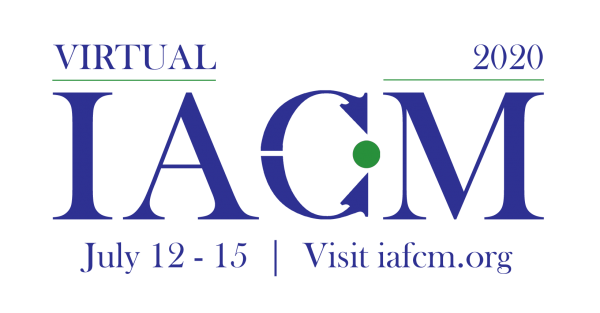Full Program »
Assessing Conflict: Situation Assessment, and a Question of Expectations
The term “collaboration” is becoming ubiquitous in the public, private and non-governmental sectors in the United States, and is used as a surrogate for many types of activity. Of late, the term “collaborative governance” is being applied to a wide range of processes, in a diverse set of fields and disciplines, in both the public and private sectors. It has, over the last decade, received more specific definition as it applies to facilitated/mediated, multiparty, consensus-seeking processes intended to resolve particular public policy challenges. But research and practice have shown this type of collaborative governance is not appropriate in all policy situations. So, practitioners conduct situation assessments (also known as conflict assessments) to determine if a situation is favorable to initiate and sustain a collaborative governance process. They have identified conditions, phrased as questions, they use to assess the likelihood of a successful collaborative process. This workshop will briefly introduce collaborative governance as it is being applied to public policy in the US, then describe situation assessment methodology, including its applicability beyond public policy, to all types of systems and organizations. This will include introducing questions/conditions practitioners use to guide these assessments. After that, the presenters will introduce an additional condition, in the form of a “clarifying question,” that they suggest should be added to the standard assessment questions, and describe the potential benefits of asking this question. The workshop will also include moderated, interactive discussion among presenters and attendees, to promote an exchange of ideas and build on themes presented.
